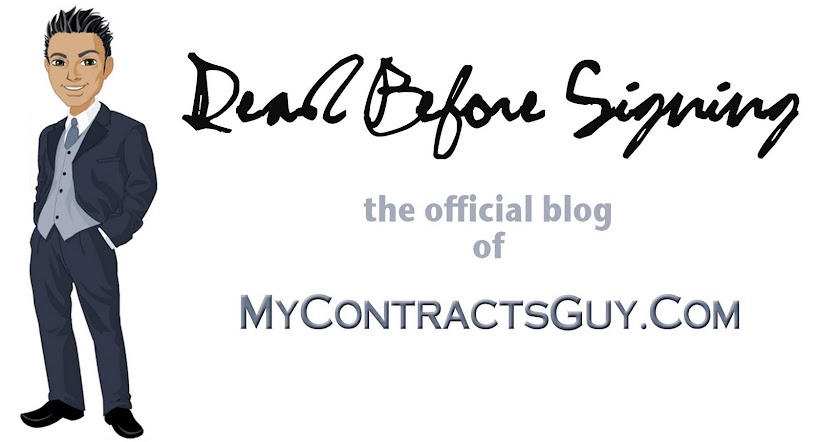
Have you ever been handed a contract and been told one of the following?
“It’s not necessary to read the form. . . ”
“It just restates what I’ve already told you. . .”
“This is necessary for us to open your account. . . they’re merely standard forms, that just repeat what we’ve already discussed. . .”
“This is just a formality for opening your account. . .”
I know what you’re thinking: you’d still read the contract, right? And even if there’s something in there that you missed, something they didn’t mention, you’re still covered because of what they said. The contract would be void because you were defrauded, right?
Wrong.
What’s more, the statements above are far from just literary license and imagination on behalf of this author. They were the actual quotes taken from the controlling case in California law: Rosenthal v. Western Financial Securities Corporation (1996), 14 Cal. 4th 394, 926 P.2d 1061. In Rosenthal, the California Supreme Court held, in relevant part, that “one party’s unreasonable reliance on the other’s misrepresentations resulting in a failure to read a written agreement before signing it, is an insufficient basis, under the doctrine of fraud in the execution, for permitting that party to avoid [a provision] contained in the contract.” The Court held additionally that “misrepresentation does not render the contract void unless the misled party, before making the agreement, lacked a reasonable opportunity to learn its terms.”
Right, and if that meant something to you, you probably wouldn’t be reading this. So what does it mean? It means that if you take the other party’s word for anything in a contract, you do so at your own peril. The court considers you not reading something you sign as patently unreasonable behavior – and will therefore hold you accountable.
In the case of Rosenthal, a large number of investors were misled into signing a contract in connection with an investment opportunity presented to them at their bank that ultimately went south. When they went to sue the securities brokers, they found out that they had all unwittingly signed an agreement with an arbitration clause; a clause which barred their lawsuits in favor of binding arbitration; a circumstance much more favorable to the potential defendant brokers.
So what does this have to do with you? Maybe nothing. But, the Rosenthal holding mentioned above was cited and affirmed in 2004 in Larian v. Larian (2004) 123 Cal. App. 4th 751, and is currently the guiding precedent for this issue in California. So, in simple terms, it means that if you’ve been presented with a contract, no matter what someone tells you, if you fail to read that contract before you sign it, you’re responsible for what’s in it. Their assurances do not constitute fraud and their explanations, if incorrect, are not binding.
Of course, this doesn’t mean that they can put things that are non-enforceable or illegal in it. You always enjoy the protection by the law from those sorts of provisions. But there are a number of things that you can lose. These may include:
The right to bring your claims against the other party in a court of law;
The right to oppose the other party’s estimation of the damages they can claim in the event of a breach of the contract;
The right to have the laws of your state govern the administration of the contract;
The right to terminate the contract without penalty;
The right to require your approval for any changes to be made to the material terms of the contract;
The ownership of your intellectual property (copyright, trademark, or patent);
And many others…
So what can you do to protect yourself? The answer is simple: always read before you sign a contract. I don’t mean that you need to go over each and every provision of a liability release before you go go-kart racing or on the back of your parking stub – but, if it doesn’t fit on a single page (with regular sized print), you probably ought to take the time to go through it. Most of the time, the things that are there are either easy to figure out, or can be decoded with a little Internet research. But when you find yourself with questions, it’s clear from the California Supreme Court’s holding in Rosenthal that the one person you should not go to for answers is the party who presented you with the contract.
So, who do you ask? That’s when it’s time to find a lawyer, because what you don’t know can hurt you.










0 comments:
Post a Comment